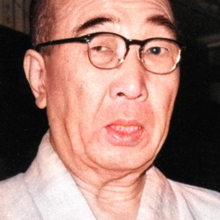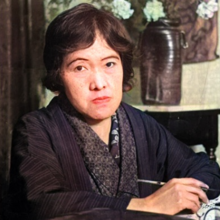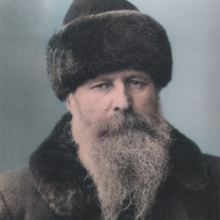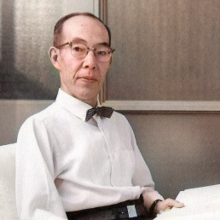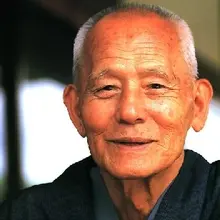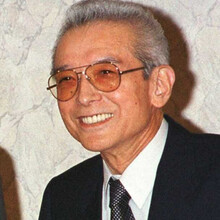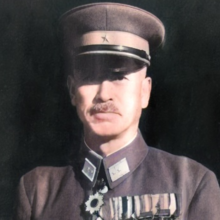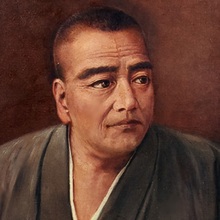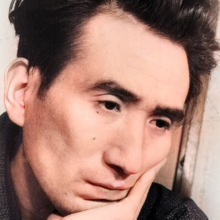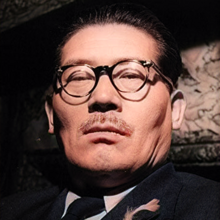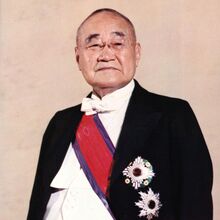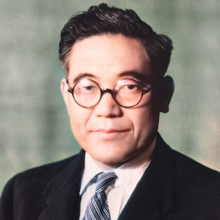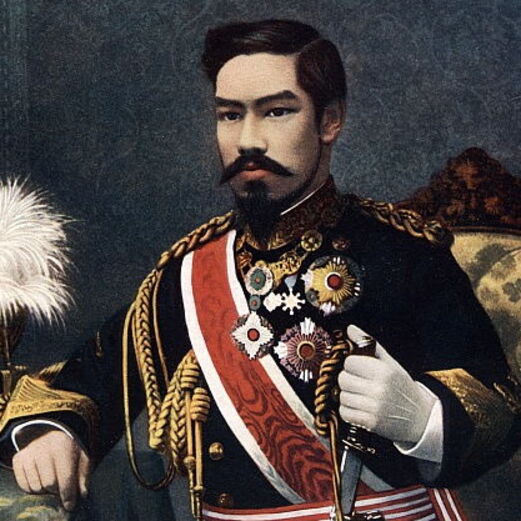
Personal
Other names:
Emperor Meiji
明治天皇
Job / Known for:
Emperor of Japan and leader
Left traces:
Modernization and industrialization of Japan
Born
Date:
1852-11-03
Location:
JP
Kyoto Gyoen National Garden, Kyoto, Japan
Died
Date:
1912-07-30 (aged 60)
Resting place:
JP
Death Cause:
Uremia
Family
Spouse:
Empress Shōken (m. 1869–1912)
Children:
Yoshihito, Emperor Taishō; Masako, Princess Takeda; Fusako, Princess Kitashirakawa; Nobuko, Princess Asaka; Toshiko, Princess Higashikuni
Parent(s):
Emperor Kōmei; Nakayama Yoshiko
QR Code:
Show More
Article for Mutsuhito
Died profile like Mutsuhito
Comments:

